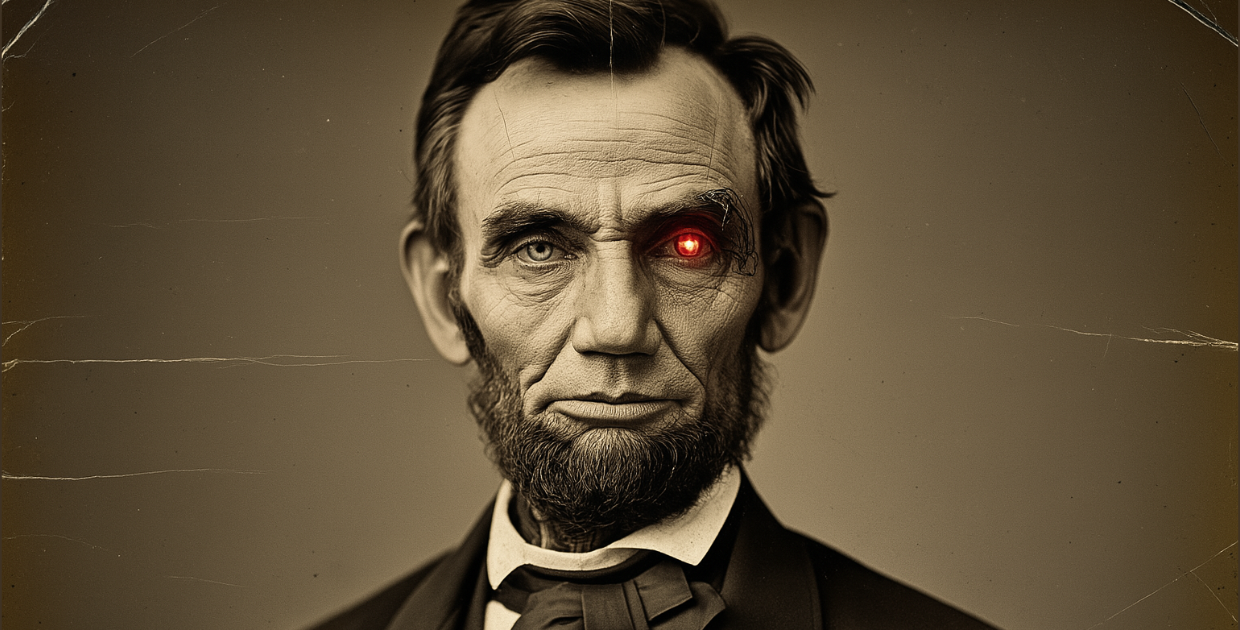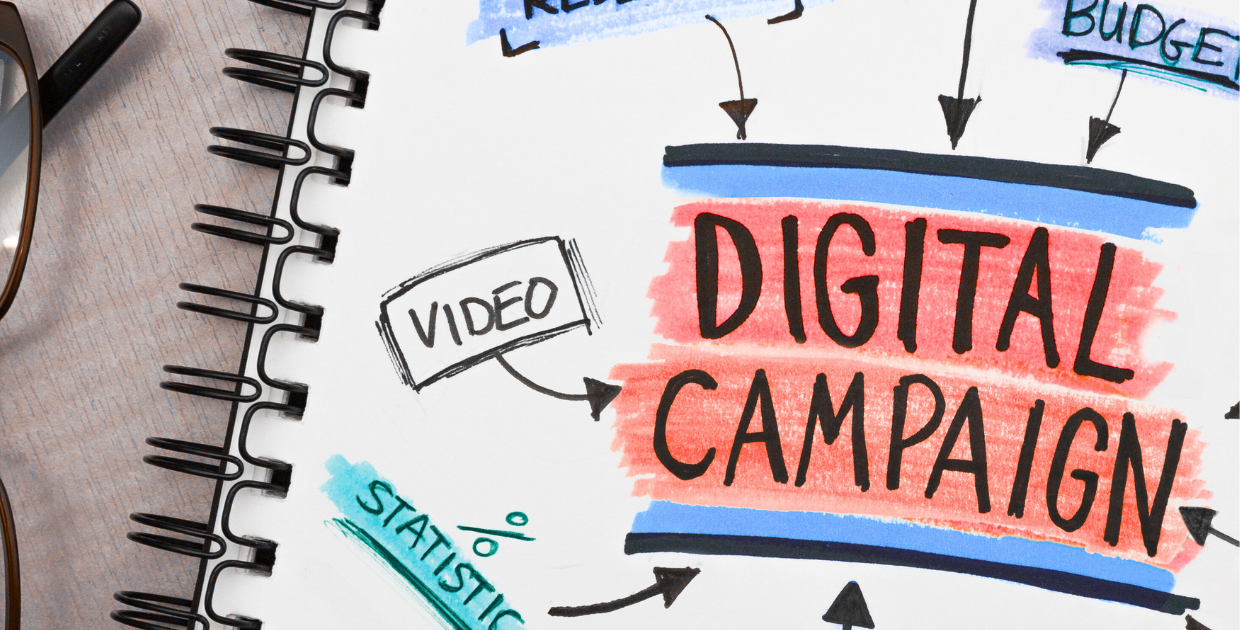Armin Petschner-Multari is a digital campaign expert based in Berlin. He is the founder of The Republic, a think tank promoting center-right policies in Germany.
In this episode, we’re digging into the recent European Union elections and what campaigners here in the U.S. can learn.
Key Takeaways:
1. Europe Offers Lessons for U.S. Digital Campaigns
Armin Petschner highlights innovations in European politics—particularly around privacy-conscious targeting, volunteer engagement, and storytelling—that U.S. campaigns can learn from.
2. WhatsApp is a Powerful Organizing Tool
In countries where SMS is costly or inaccessible, encrypted messaging platforms like WhatsApp are crucial for outreach and mobilization.
3. Trust in Institutions Changes Everything
He emphasizes that in some democracies, skepticism of media and political institutions is higher, requiring extra effort in building candidate trust and personal connections.
4. Platform Rules and Access Differ Widely
Petschner reminds campaigners that platform features, regulations, and enforcement vary significantly by country. Strategy must be customized.
5. Agility Beats Tradition in Digital Campaigning
He explains that low-budget campaigns often outperform better-funded ones by being more nimble, testing ideas rapidly, and embracing creativity.
Watch on YouTube:
https://www.youtube.com/channel/UCdzsHPQ_uNfN8r5PILc3NhQ





